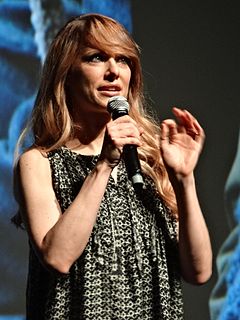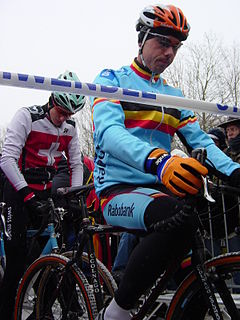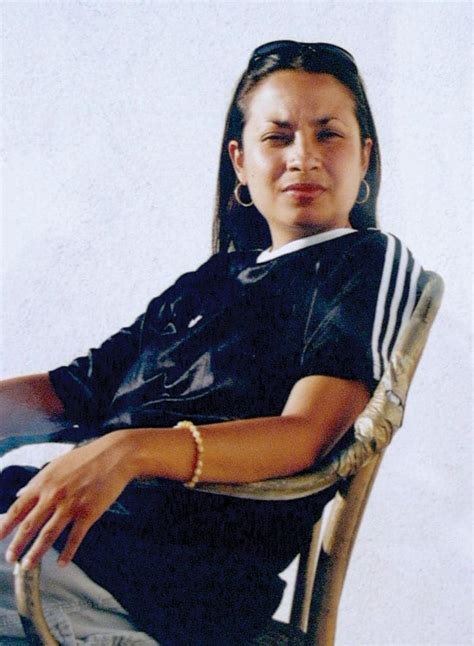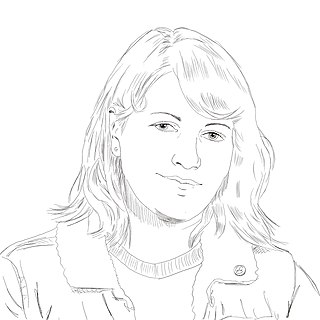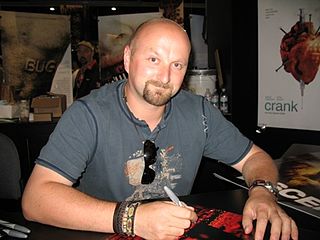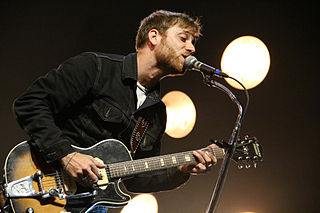A Quote by Todd Haynes
I came out of a sort of experimental background, and I didn't ever really expect - or even desire - a career as a feature filmmaker.
Quote Topics
Related Quotes
With filmmaking, I for so long was like, oh, I need permission to go out and be a director and be a filmmaker. And I read Robert Rodriguez's 'Rebel Without a Crew.' He just went out and did it, man. In his book, he even says just put your name on a business card and say you're a filmmaker. Congratulations, you're a filmmaker.
I love to read and teach experimental fiction but yes, neither this work nor my first novel is really that experimental. It uses some experimental techniques but in the end, I would not say that it is experimental. I'm not sure why. I do a lot of writing on my own, and I have always just written this way.
I used to be really nervous when I sang. Like, when I was a kid starting young, 18 and 19, and my dad really had to sort of push me to start singing in front of people. Ever since I got out there and really started doing it, the only thing I've ever tried to do is just sort of is be myself, you know, never put on a voice. Sing naturally.


